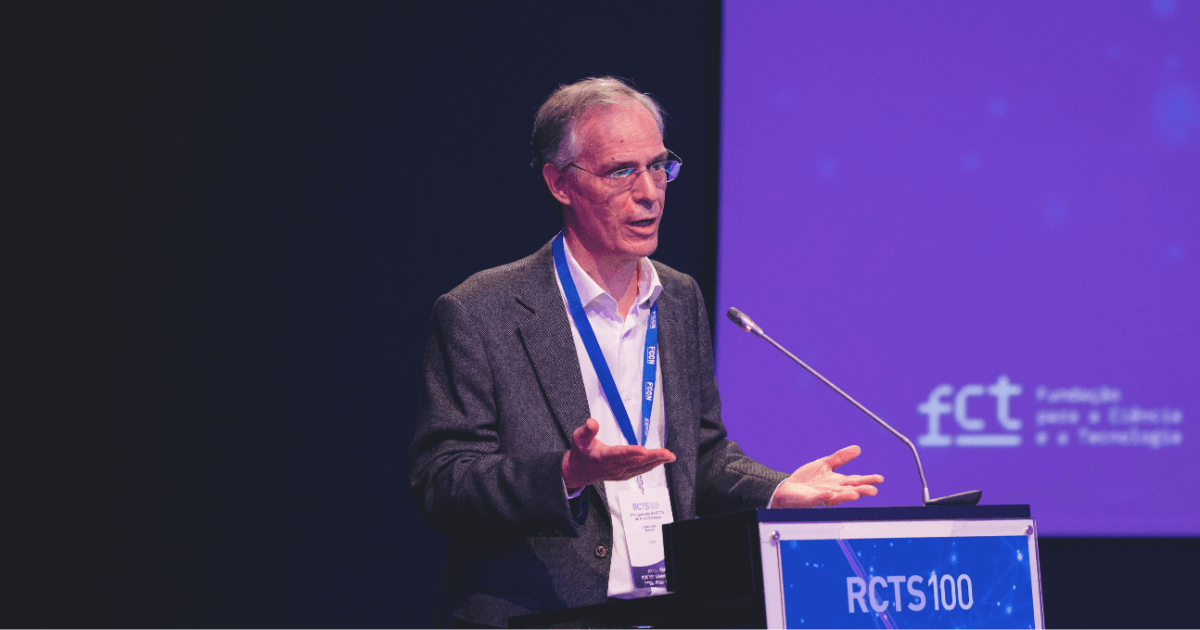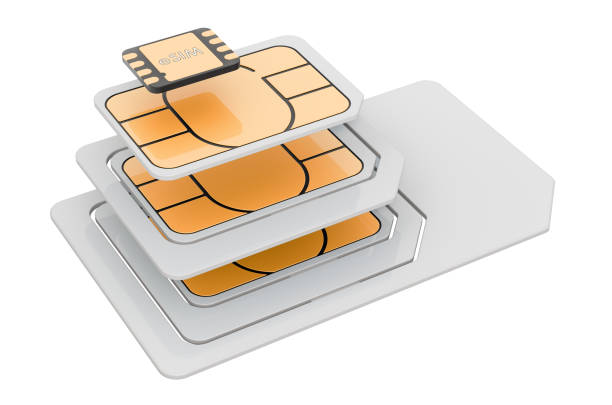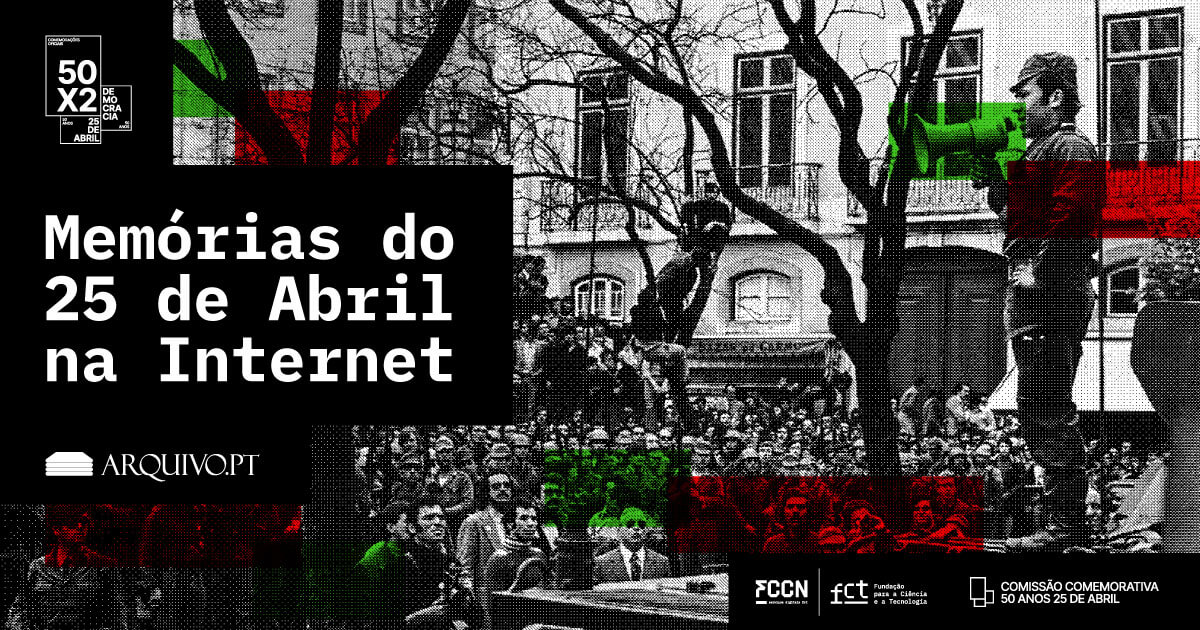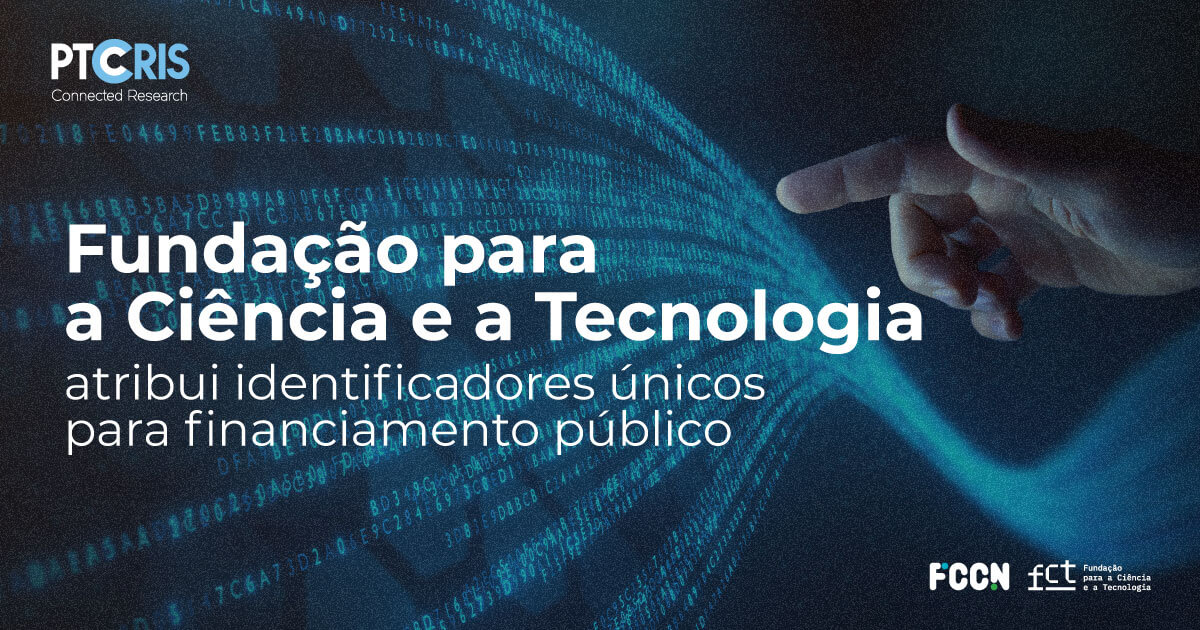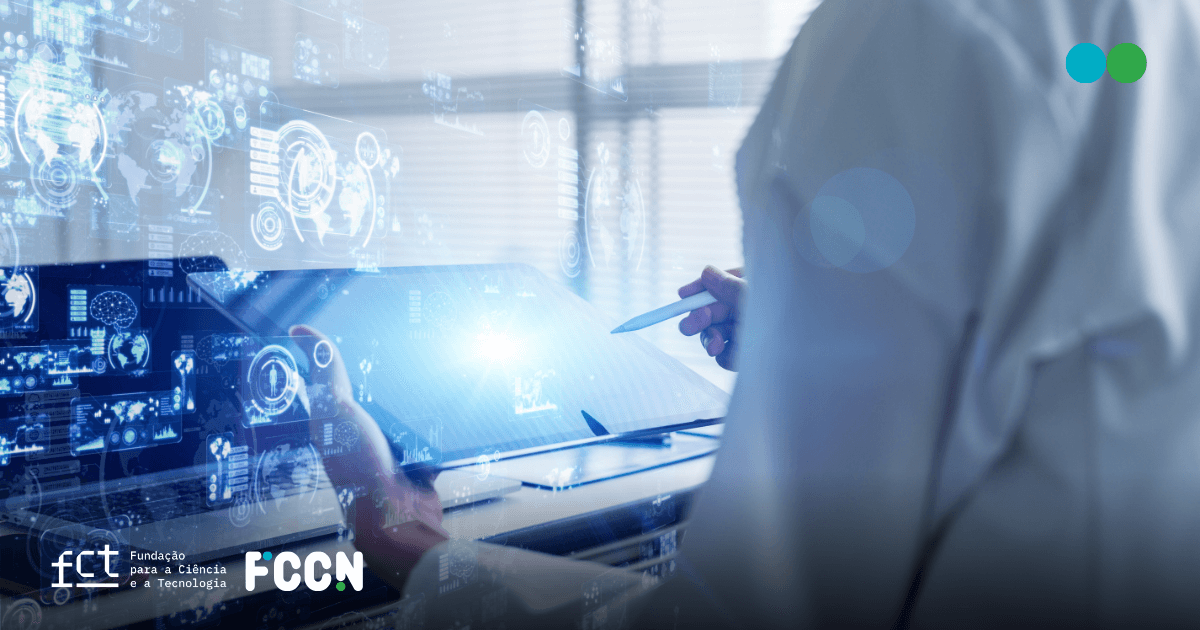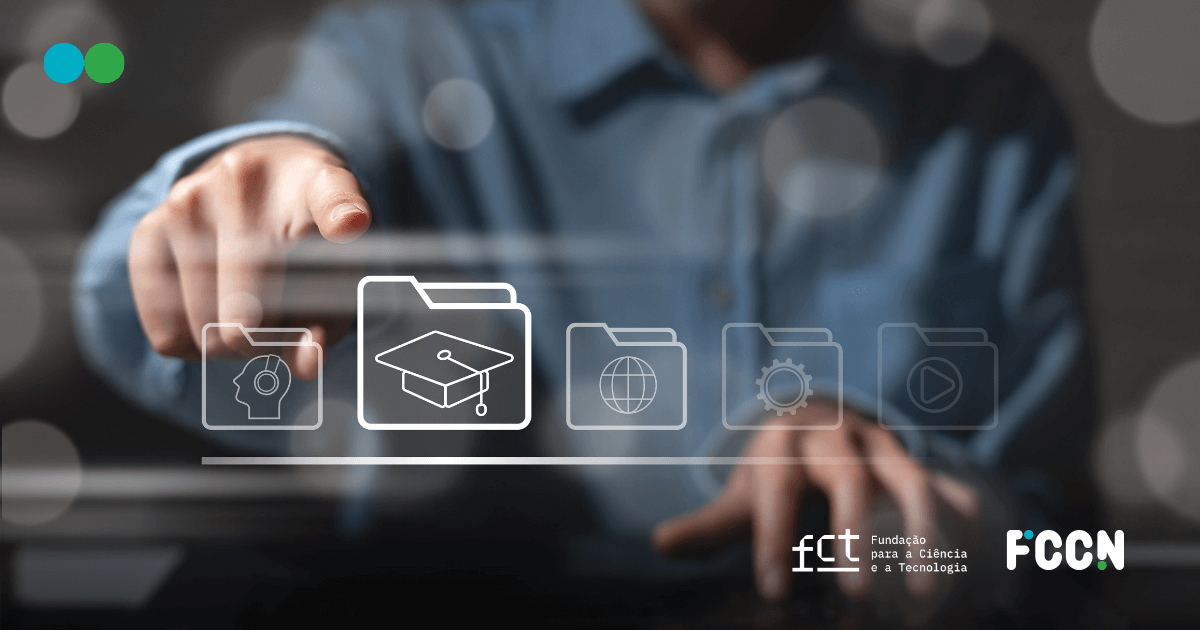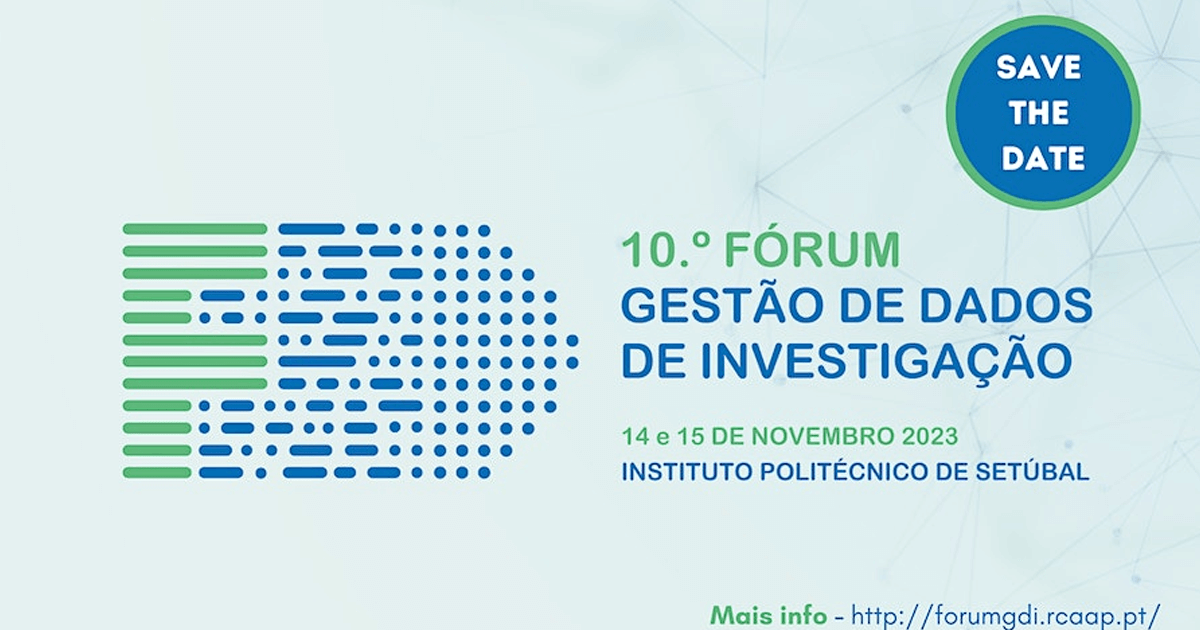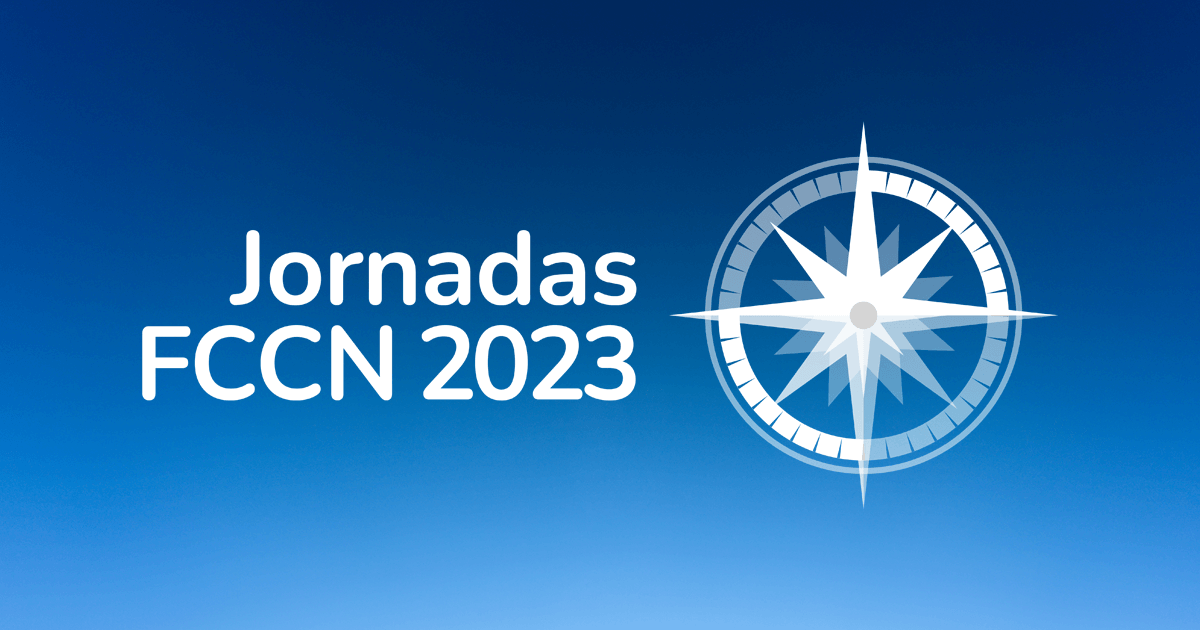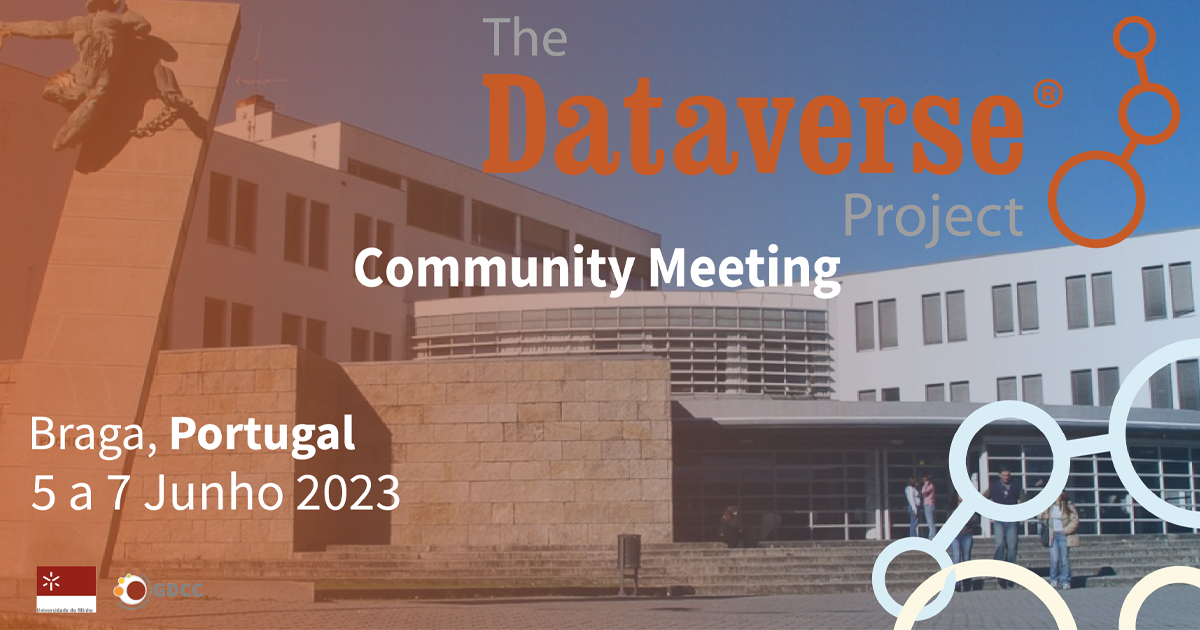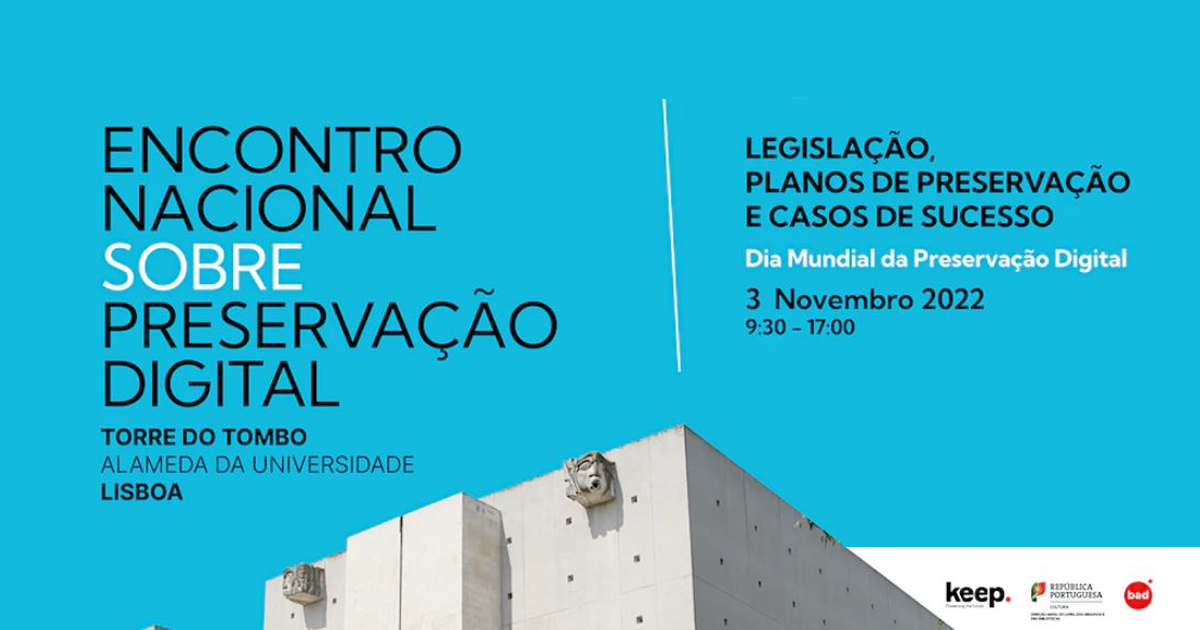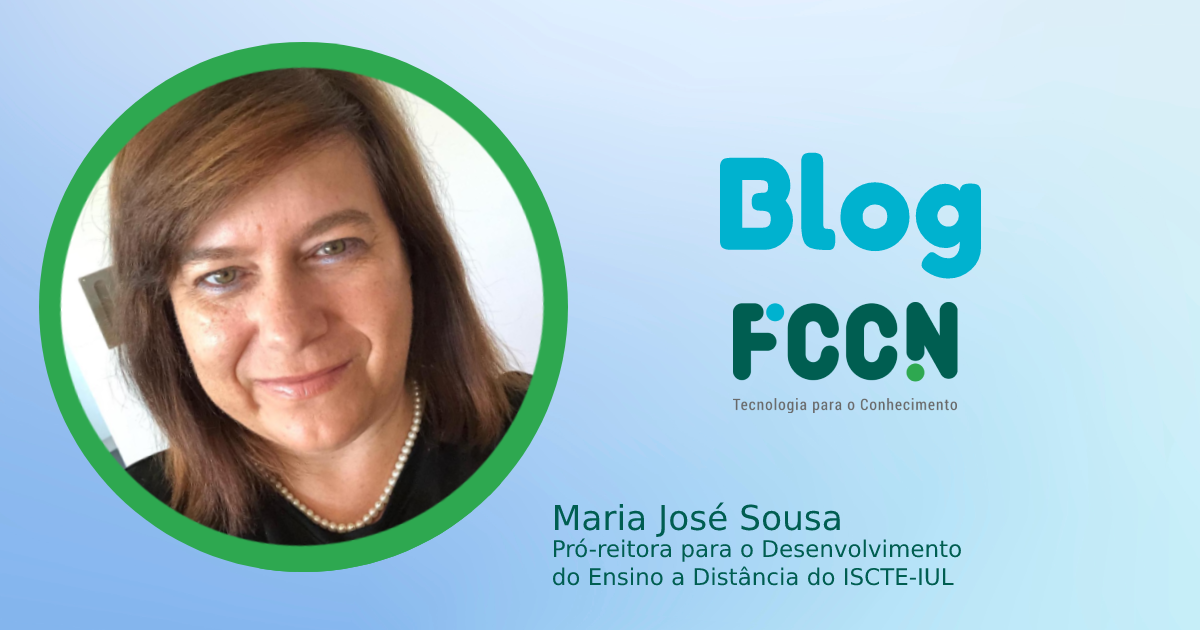
Maria José Sousa, Dean for the Development of Distance Learning at ISCTE-IUL, is another author invited by FCCN for this month's featured topic on the FCCN Blog. In her article, she highlights the potential of Distance Learning (DL) as a driver of skills development for the digital transformation of organizations. It also discusses the variety of pedagogies, technologies and digital resources available for distance learning (including reference to Learning Management Systems - LMS, as is the case at NAU) as well as the various dimensions of digital learning that make it up, including students, learning contexts, learning processes and learning facilitators. By presenting pedagogical techniques and specific learning contexts, the Professor highlights the importance of DE as a planned and effective form of learning, capable of preparing students and trainees to face the challenges of the digital transformation of organizations.
Distance Learning(DE) can be a driver of skills development to enhance the digital transformation of organizations. A wide range of pedagogies, technologies and digital resources can be used. On the other hand, there are several dimensions of digital learning, such as students/trainees, learning contexts, learning processes, learning facilitators, all of them framed by factors such as motivation and expectations, which can condition learning outcomes as well as their effectiveness.
Digital learning often happens spontaneously and unconsciously, without any previously defined goals using mobile educational technology media, but it is formal Distance Learning that this article is about.
Thus, formal distance learning in higher education institutions occurs through digital technologies, but as a planned process, through the identification of a training offer, the creation of courses in digital format, and their teaching through platforms (Learning Management Systems - LMS), based on planned and defined learning activities, such as watching videos recorded by teachers, discussion forums, or others, as a way to create mechanisms for more effective learning.
In Distance Education, digital learning contexts and pedagogical techniques using technology seek to improve the quality of learning and engage participants in the process. Regarding processes we can talk about cooperative learning; collaborative learning; networked knowledge sharing, digital Storytelling. The learning contexts are mainly: LMS; Youtube; Whatsapp; Search Engines, like Google; Websites, repository of learning objects; MOOCs - Massive Open Online Courses and educational games. In addition, the main pedagogical techniques used are project-based learning; problem-based learning; active learning; gamification; simulation; flipped classroom, among others.
These pedagogical processes, contexts and techniques have the potential to prepare students and trainees to think critically and solve problems, to prepare to work collaboratively and to have more independence and autonomy in the learning process. Ultimately, they enable the development of technical, digital and collaborative learning skills, which, when transposed into organizations, contribute to their digital transformation.
